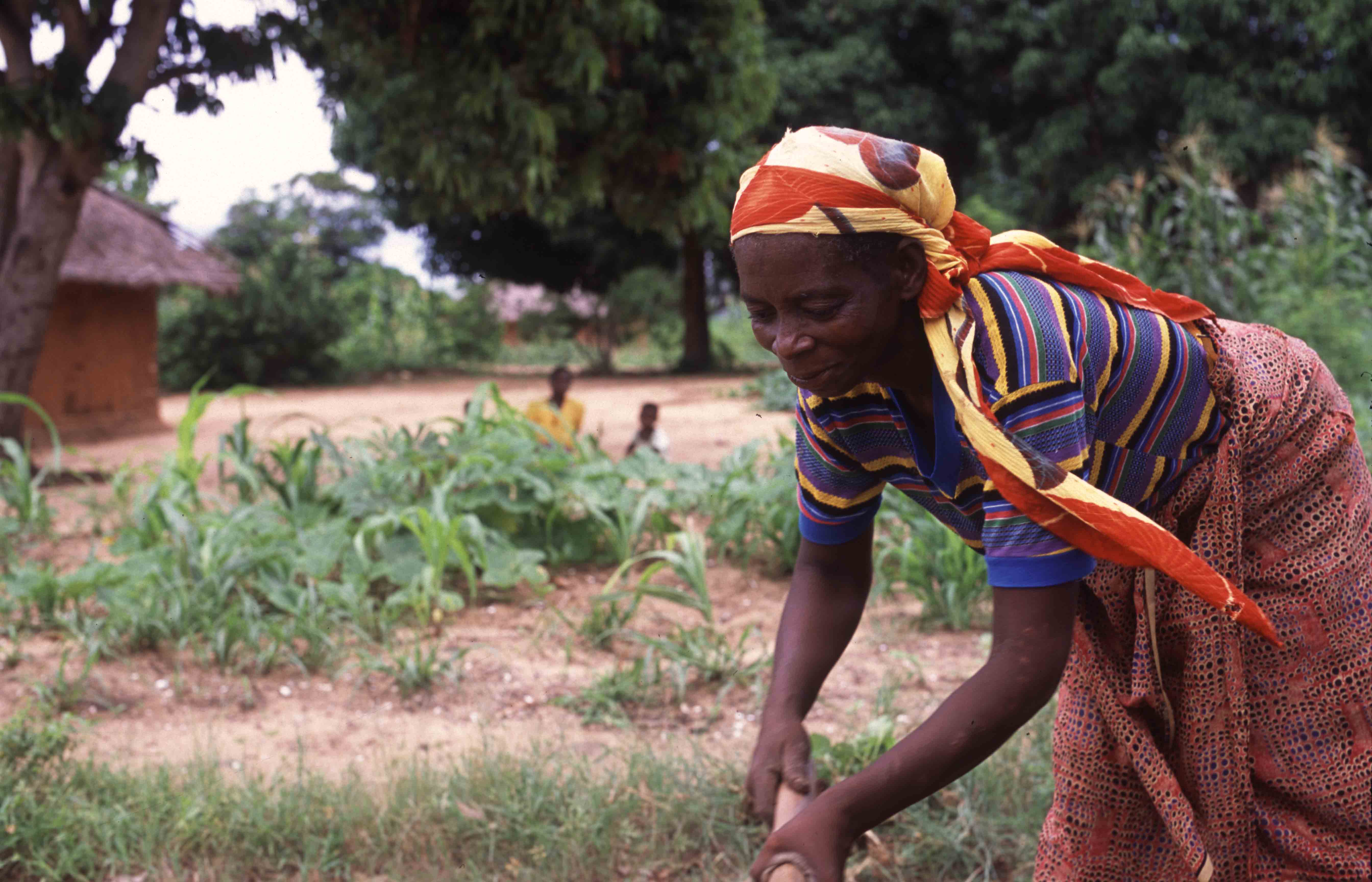Gender Assessment of the Purchase for Progress Programme (P4P)
The project aimed to improve the knowledge of the characteristics of gender relations prevailing locally and their implications in the different stages of the agricultural value chain, including the corresponding opportunities and challenges.
The analysis focused on the areas of intervention of Mozambique’s Purchase for Progress Programme (P4P): Angonia (Tete province), Barue and Chimoio (Manica), Gorongosa, Buzi (Sofala province), Alto Molocue, Gurue, Mocuba (Zambezia) and Malema, Mecuburi, Monapo and Ribaue (Nampula province).
The participatory assessment compared patrilineal and matrilineal societies, under the general assumption that the latter tend to promote women’s advancement by allowing them better access and control over resources and decision-making power than the former. The districts of Barue and Chimoio (Manica province) represented patrilineal societies, while Monapo and Ribaue (Nampula province) represented matrilineal societies.

